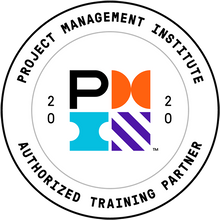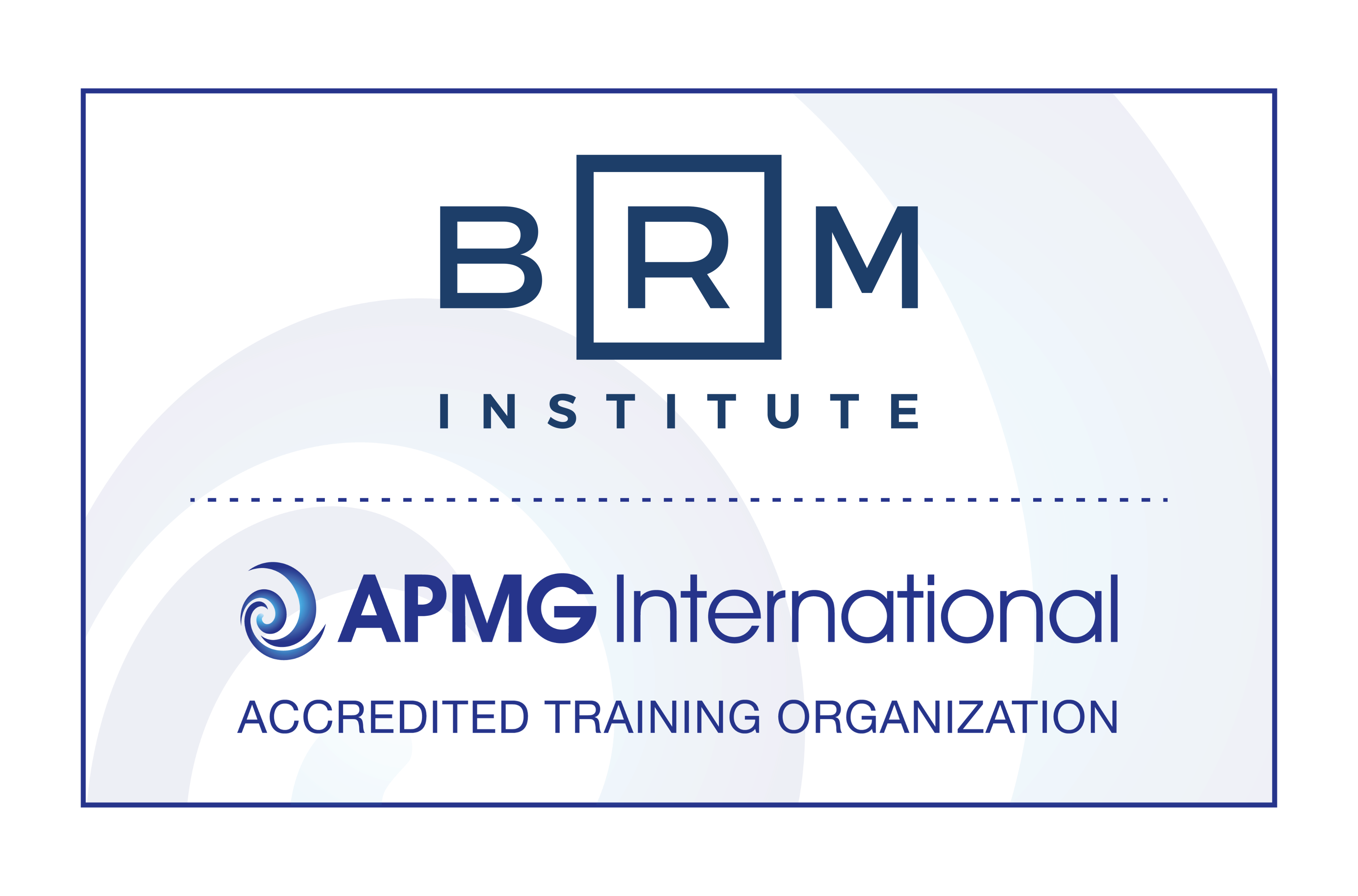How Can a Greater Focus on Sponsor and Project Manager Roles Generate Better Business Results?
T here are many reasons projects fail, but at the root of most failures is resources not knowing what their roles are, or lack of education about how to fulfill their roles. As a project management consultant, I have worked with dozens of companies on hundreds of projects; as a project management training instructor with Corporate Education Group, I have second-hand knowledge of hundreds of companies and thousands of projects. All of this direct and indirect information has led me to the conclusion that there are many highly intelligent people in the world who are not given the tools to do their jobs.
here are many reasons projects fail, but at the root of most failures is resources not knowing what their roles are, or lack of education about how to fulfill their roles. As a project management consultant, I have worked with dozens of companies on hundreds of projects; as a project management training instructor with Corporate Education Group, I have second-hand knowledge of hundreds of companies and thousands of projects. All of this direct and indirect information has led me to the conclusion that there are many highly intelligent people in the world who are not given the tools to do their jobs.
Defining Project Manager Duties
The Project Management Institute (PMI) defines project management as the application of knowledge, skills, tools and techniques to a broad range of activities in order to meet the requirements of a particular project. Unfortunately, if key stakeholders on a project either lack the skills or don't know which tools to apply to a particular project, they have very little chance of meeting the requirements of that project.
For more information on this topic, as well as how Corporate Education Group can help optimize your organization's performance, contact us or call 1.800.288.7246 (US only) or +1.978.649.8200.
For some readers, the idea that people don't know their roles will seem far-fetched. In fact, many organizations assign staff responsibility to fill key roles as soon as a project is launched. In my experience, however, filling roles on an org chart does not necessarily mean that each staff person knows what they are supposed to do next. I have spent one-on-one time with some highly placed, highly educated people who did not know what their specific responsibilities were on projects.
 Many of my clients have fiduciary responsibility for multimillion (or billion) dollar projects. Given the role of project sponsor, they usually fall back on one of two things: authority or experience. If authority is their choice, it means that they hold people accountable for the things they understand. Unless they have formal project management training and skills, understanding ends at schedule and budget. This type of sponsor will push hard to bring the project in on-time and in-budget but will have very little understanding of the work involved. If experience is their guide, the sponsor will likely get too involved in the day-to-day project management duties and not use project resources efficiently. These are examples in which the entire organization would benefit if there had been enough time spent on defining the project manager role and educating the staff who would fill that role.
Many of my clients have fiduciary responsibility for multimillion (or billion) dollar projects. Given the role of project sponsor, they usually fall back on one of two things: authority or experience. If authority is their choice, it means that they hold people accountable for the things they understand. Unless they have formal project management training and skills, understanding ends at schedule and budget. This type of sponsor will push hard to bring the project in on-time and in-budget but will have very little understanding of the work involved. If experience is their guide, the sponsor will likely get too involved in the day-to-day project management duties and not use project resources efficiently. These are examples in which the entire organization would benefit if there had been enough time spent on defining the project manager role and educating the staff who would fill that role.
As a project management training expert, I have a solid understanding of what project manager duties should be; being in the project manager role, I also have a wide range of experience of what that job actually is. Call it the trickle-down effect if you want, but without a clearly defined role for the project sponsor, the project manager role becomes a catch-all of unassigned tasks. Even with a solid sponsor, some of the most disastrous projects have been because of the lack of necessary project manager skills to successfully hold the project manager role.
For more information on this topic, as well as how Corporate Education Group can help optimize your organization's performance, contact us or call 1.800.288.7246 (US only) or +1.978.649.8200.
I can recall many projects in which the project manager role is filled by the person who knows the most about the project. In software development, the project manager is frequently the most highly skilled developer. Unfortunately, there are at least two things working against the success of the project: first, that the Peter Principle has no better industry example than high-tech; second, that people place too much emphasis on what they know and are mostly unaware of what they don't know. The corollary to this problem is that incompetent workers generally think they are doing fine. So here you are with your business riding on a project being run by your most technically proficient worker and you have no idea (nor do they) that the project was doomed from the start. If time had been taken to define the project manager role and enhance the project manager skills, it would have a chance.
Clearly Define Each Role with Project Management Training
While the roles cited above are directly involved in project execution and are well known even to project management novices, there are some roles that are just as important but mostly ignored by project management organizations and journals alike. One key role that is rarely considered when putting a project together is that of staff, or functional group, managers. In a matrix organization the project manager duties include planning and executing a project, but he rarely has a readily available resource pool to staff the project. For this, there is the time-honored tradition of begging, borrowing and stealing resources to help the project.
A better practice in any type of organization has always been to give people the 'big picture' and show them where they fit. A project organization is no different; the staff manager, who knows about projects, understands project schedules and can even decipher an earned value management system, will be an advocate rather than an adversary when the resource/time/money crunch comes (and it will come).
Your executives and managers might think they know enough, but cost-benefit analysis is not the beginning or the end of the sponsor's responsibility; Gantt charts and work breakdown structures do not a project manager make; leaving stakeholders in the dark usually leaves the project in the lurch. As anyone who has formal project management training knows, the real answer to the question "What is each person's role?" is "It depends." Getting your entire staff to understand what it depends on may be the difference between success and failure on your next project.
For more information on this topic, as well as how Corporate Education Group can help optimize your organization's performance, contact us or call 1.800.288.7246 (US only) or +1.978.649.8200.







